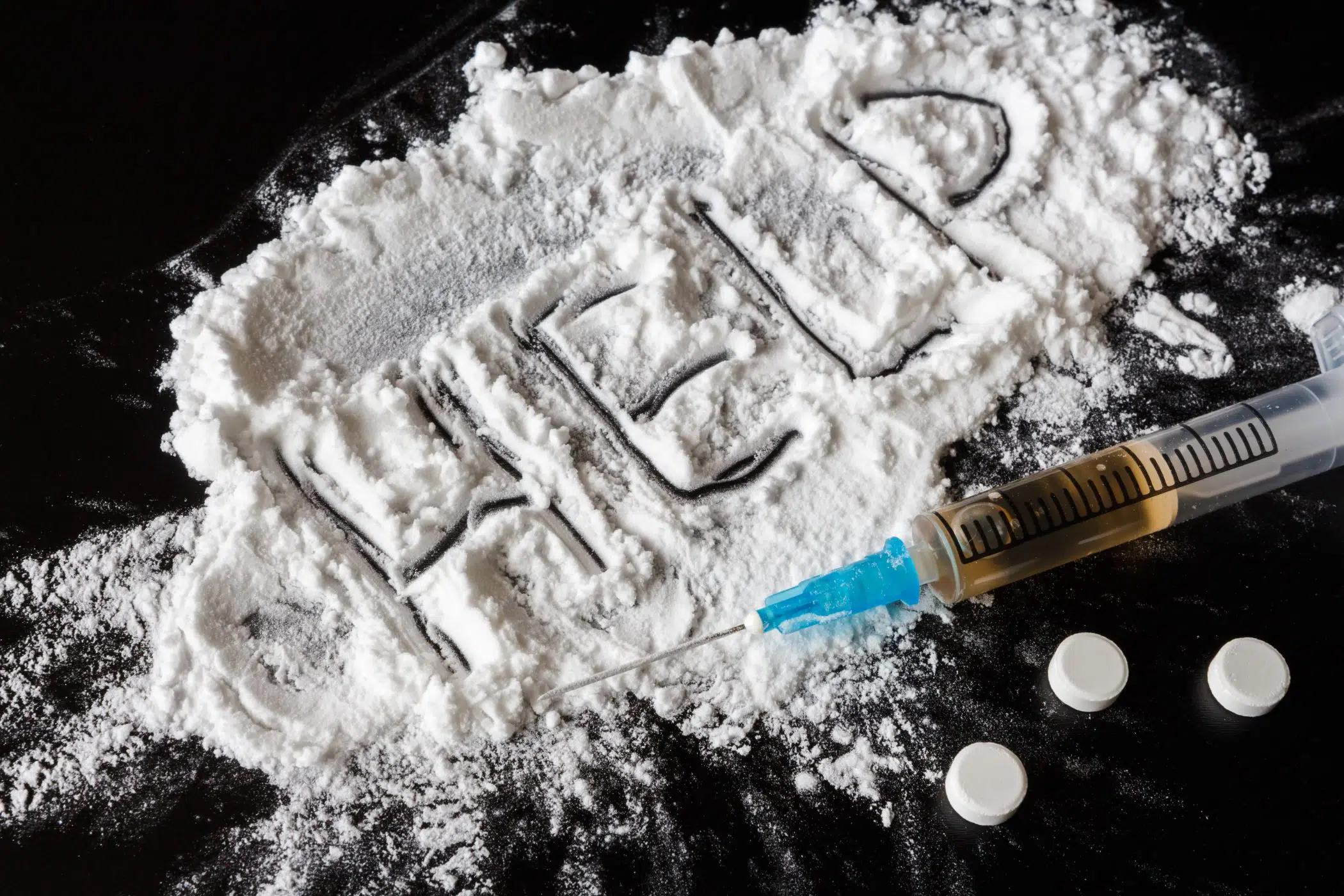 While attitudes are changing as information surrounding addiction becomes more widely-known, there’s still a common lack of understanding of this complex condition. Many outdated myths persist, and some people still imagine addiction as a simple moral failing. In many cases, these ideas and the stigmatization they bring are harmful and prevent people from seeking help as soon as they could. This is why it’s worth having an appreciation of how our understanding of addiction has evolved in recent decades.
While attitudes are changing as information surrounding addiction becomes more widely-known, there’s still a common lack of understanding of this complex condition. Many outdated myths persist, and some people still imagine addiction as a simple moral failing. In many cases, these ideas and the stigmatization they bring are harmful and prevent people from seeking help as soon as they could. This is why it’s worth having an appreciation of how our understanding of addiction has evolved in recent decades.
Models of Drug Addiction and Rehab
Today, no serious addiction treatment expert would advocate for the shame-oriented treatment programs of days gone by. Scientific study has come as near as possible to refuting these notions, although addiction remains complex and not fully understood. There are competing models to explain addiction, each emphasizing different elements of the condition such as genetics, socioeconomics, trauma, and physiology.
Addiction as a Moral Failure
While there’s no merit to the idea that addiction is simply a matter of moral failure, it still holds a powerful sway over public discourse nonetheless. People who want to recover or who want to arrange an intervention for loved ones will postpone it because they adhere to the idea that someone must drive themselves to rock bottom before recovery is really possible. Of course, none of this is true. Anyone can suffer from addiction no matter how good and morally upstanding they are, and anyone can begin their recovery when they make the decision to stop and get help.
Emphasizing Addiction as a Disease
Once it became possible to demonstrate the physiological effects of addiction, it became self-evident that drug addiction is a real, physiological condition. It’s possible to find proof of this in the disordered operation of the brain’s reward system, or how brain scans reveal the ways that addiction changes the brain. These insights eventually produced a sort of prevailing wisdom that addiction was as impersonal as any other medical condition and could be treated as such. While it was a step in the right direction, the medical model of addiction has its shortcomings in that it overlooked how much trauma and poor mental health contribute to addiction.
Socioeconomics and Trauma Contribute to Addiction
The next major step in the theory of addiction is well explained by the famous Rat Park experiment. At first, rats left in cages with clean water and cocaine-laced water invariably preferred the cocaine laced water, became addicted, and died. After researchers replaced these isolating, depressive cages with a larger, interconnected network of cages where rats could explore, interact, etc., they displayed much less interest in the drugged water and overdoses dropped dramatically. This goes to show that at its heart, severe drug abuse and addiction is first and foremost a matter of escaping unbearable life conditions.
Essentially, the most holistic theories of addiction are that it is a disease, but that to a large measure it’s a disease of trauma and isolation. There is a human element to addiction, but rather than immorality that can be cured by shame, it’s suffering that can be healed by compassion and work. This understanding has informed a shift towards therapy, long-term counseling, and other treatment methods for addiction that have produced the best results of any treatment philosophies yet.
Modern Approaches to Drug Addiction and Rehab
The medical and psychological sides of addiction theory each contribute to treatment in their own way. For instance, America’s Rehab Campuses prioritizes medical detox that reduces the discomfort of withdrawal while helping to prevent post-withdrawal symptoms. After completing medical detox, patients can attend our residential inpatient rehab program and then progress to various forms of outpatient care.
Outpatient care is essentially continued counseling, group therapy sessions, and the ability to reach out to compassionate individuals who will give you the understanding you need during a difficult transitional period.
Learn More About Drug Addiction and Rehab
Informing the public and helping people understand the reality of drug addiction and rehab techniques are among our top priorities. If you want to learn more about addiction and how we help people recover, follow our blog or reach out to us today.

